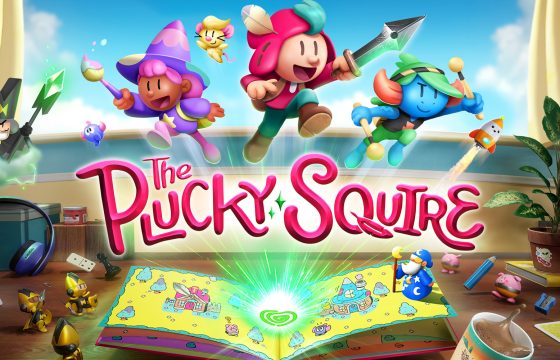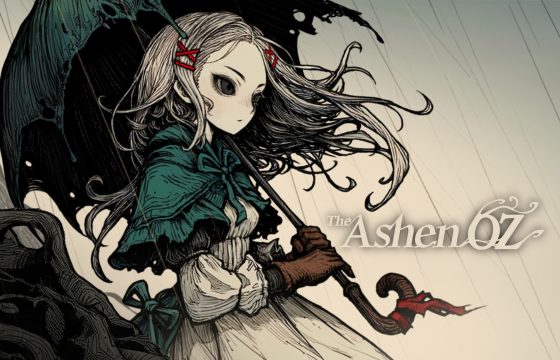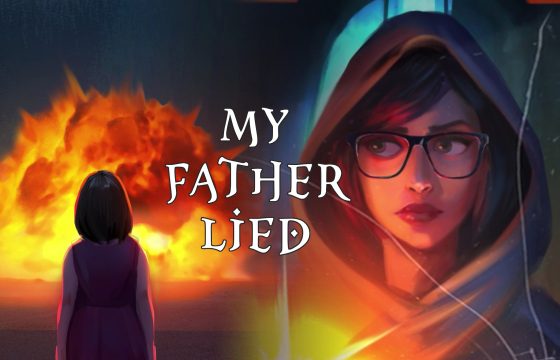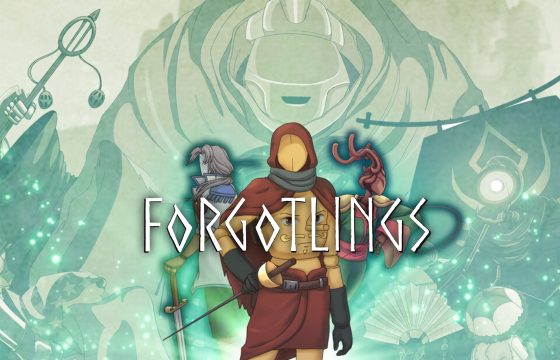Design shortcomings, contentious strategic decisions, and unmistakable signs of a systemic identity crisis.

With Black Ops 7, the Call of Duty franchise confronts one of its toughest challenges yet. This isn’t merely a less inspired entry – it exposes a deep-seated structural weakness in the single-player campaign. While Modern Warfare and Black Ops 6 hinted at a possible revival of the series’ narrative ambition, this installment lays bare a gradual unraveling of cohesive vision, compounded by design choices that increasingly drift from the hallmarks that once defined the franchise’s identity.
Overall, the game feels driven more by production deadlines than by creative direction, resulting in a disjointed narrative and gameplay that struggles to convey a clear sense of purpose.
Early Frictions: Connectivity and UI Hurdles
First impressions are everything, and Black Ops 7’s opening quickly sets a disquieting tone. Mandatory always-online connectivity, coupled with matchmaking systems that complicate access to the campaign, undermines the franchise’s long-standing promise of seamless narrative immersion. A cluttered, multi-layered interface with little visual hierarchy only makes matters worse, fragmenting the player’s entry into the game. These aren’t minor inconveniences – they reflect a broader shift in priorities, where online infrastructure consistently takes precedence over the solo experience.

A Weak Narrative, Far from the Franchise’s Glory Days
Black Ops 7’s narrative starkly exposes the game’s lack of a unifying vision. While it inherits the complexity of its predecessor, it flattens dramatic tension instead of exploring it. By imposing a single canonical ending, the game simplifies potentially rich storylines and sidelines characters who deserved far deeper development. The result is an episodic campaign that never gains real momentum: too many supporting characters are confined to cutscenes, with neither gameplay nor writing granting them meaningful presence, leaving key moments emotionally hollow.
The performances of Mason, Marshall, and Emma Keagan provide the campaign’s few genuine sparks of emotion. Yet even their talent cannot overcome the structural fragmentation – exceptional acting alone cannot transform a series of disconnected episodes into a cohesive narrative arc.

Gameplay and Gunplay: Predictable, Uninspired, Fragmented
At its core, Black Ops 7’s gameplay departs noticeably from the mechanics and identity that have long defined the series. Weapon handling – once defined by weight, recoil, and tactile feedback – now feels homogenized: arsenals blur together, shots lack impact, and the immediacy that once made combat satisfying is dulled by design choices that oversimplify resource management.
Removing the ability to scavenge weapons from fallen enemies strips away a central pillar of player adaptability, while an overly generous ammo system further drains encounters of tension, reducing combat to prolonged, unengaging exchanges. The introduction of visible enemy health bars – at odds with the franchise’s semi-realistic tone – make fights predictable and formulaic, turning what should be tense, skill-driven battles into exercises in attrition.
Combat AI and Boss Design: Predictable Patterns, Poor Execution
The AI in Black Ops 7 suffers from inconsistent calibration, with enemies oscillating between stretches of passive inaction and sudden bursts of unnaturally precise behavior. This reliance on scripted patterns over genuine reactivity undermines the sense of engaging with “living” opponents, making encounters feel either predictable or arbitrarily punishing.
Boss fights, which could have served as the campaign’s high points, instead highlight further weaknesses. At times, visual and mechanical choices – set-pieces and gameplay elements that clash with the campaign’s overall tone – produce moments that feel jarring rather than memorable. Even experimental sequences, such as the traffic chase, lack the narrative or mechanical context needed to justify their presence. Rather than enhancing the experience, these moments emphasize the campaign’s episodic structure, breaking momentum and failing to integrate coherently with the game’s broader design.
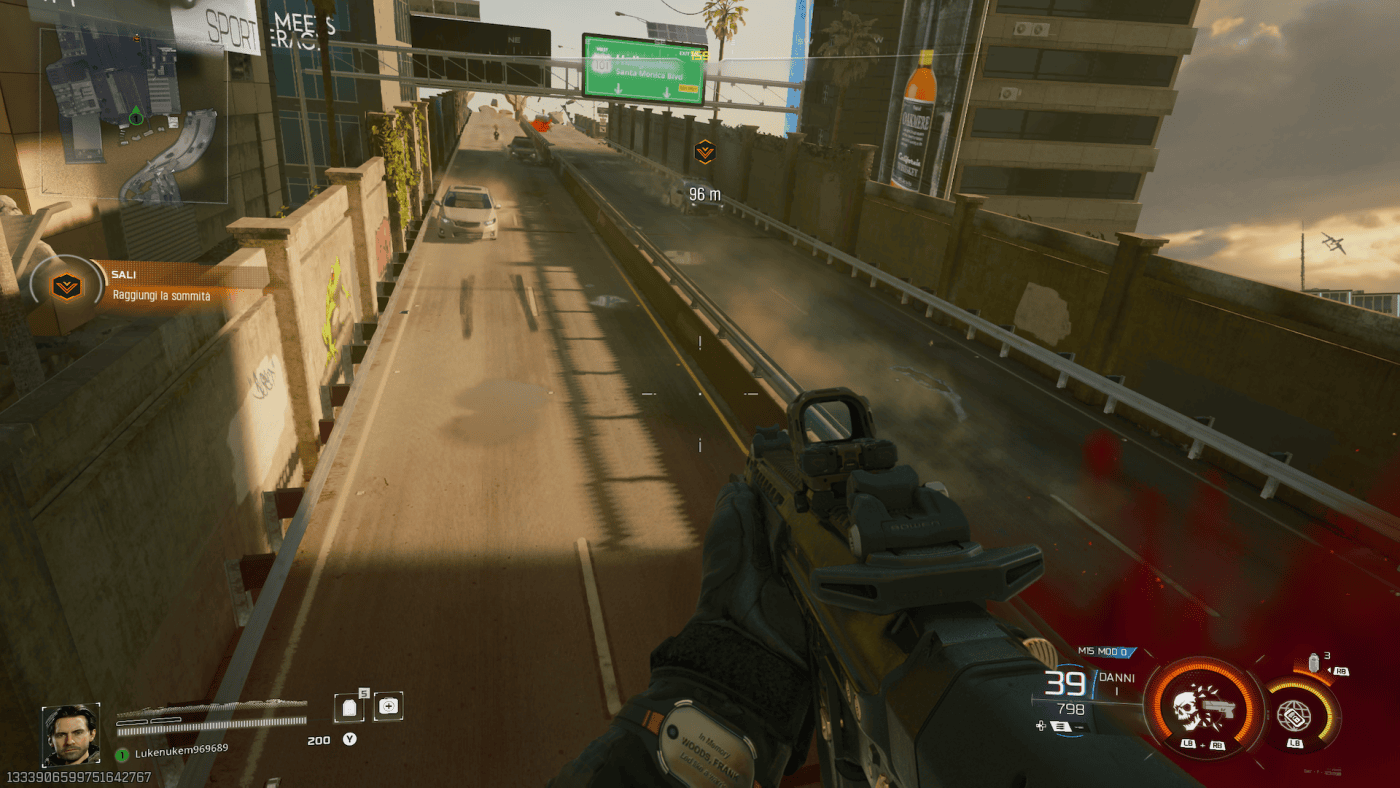
Technical Performance and Overall Stability
From a technical standpoint, Black Ops 7 delivers broadly stable performance, but not without visible cracks. Frame-rate drops surface during the most intense moments, disrupting what is otherwise a smooth experience. Visually, the game takes a slight step back from Black Ops 6: environments feel less meticulously detailed, and level design often favors efficiency over visual character, resulting in spaces that are serviceable but rarely striking.
Network stability, a non-negotiable aspect of a title built around mandatory online connectivity, proves inconsistent. Sporadic lag and noticeable input delay interfere with the campaign’s pacing, undercutting immersion at key points. The game’s install size further compounds the issue: the single-player component alone approaches 75 GB, a footprint difficult to justify given the amount of content on offer and a clear sign of suboptimal asset optimization and resource allocation.
Our Verdict
There is something fundamentally unsettled about Black Ops 7 – not just in its mechanics, but in its identity. The game feels caught between two impulses: the need to reassure its long-time audience and the pressure to modernise a formula that is clearly ageing. The result is an experience that functions efficiently but rarely inspires, driven more by market logic than by a coherent creative direction.
This is a transitional entry in the truest sense, yet not in a constructive way. Rather than using this phase to redefine itself, the series exposes its own fatigue: ideas are present, but fragmented; ambition exists, but it is constrained by structural conservatism. What remains is a product that plays it safe so often that it forgets how to be bold.
More importantly, Black Ops 7 reflects a broader identity crisis within the franchise. For the first time in years, it no longer feels like a reference point for the genre, but like a follower – a highly polished one, certainly, but one increasingly disconnected from the innovative spirit that once defined it.
Without a decisive creative shift, the risk is not simply a decline in quality, but a slow erosion of meaning. And when a franchise begins to lose that, commercial success becomes secondary. Because what keeps a series alive over time is not repetition, but its ability to evolve without losing its soul.
Right now, Black Ops seems to be struggling to find that balance again.
Call of Duty: Black Ops 7
PRO
- High-calibre performances that lend depth, credibility, and emotional weight to the narrative’s key beats;
- Strong pacing and overall fluidity, especially in the experience’s less congested and mechanically demanding segments.
CON
- A fragmented narrative structure paired with underdeveloped characterisation;
- Loss of shooting identity and a noticeable flattening of the weapon arsenal;
- Boss fights that feel out of sync with the series’ established tone;
- Inconsistent balancing and erratic artificial intelligence behaviour;
- Limited single-player accessibility features;
- A noticeable technical downgrade when measured against the previous installment;
- Online stability remains subpar, with persistent issues affecting matchmaking and connection reliability.




